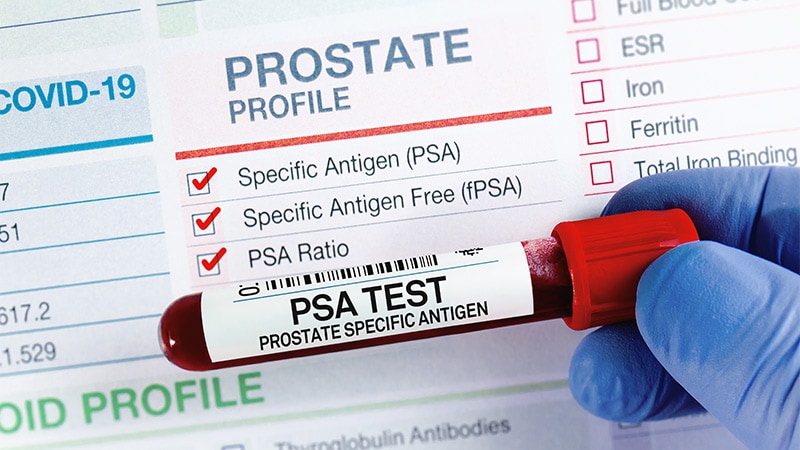A study published in the BJU international suggests the findings of the ProtecT (Prostate testing for cancer and Treatment) trial are generalisable beyond men with low-risk prostate cancer (PCa).
ProtecT randomly assigned 1643 men with localised PCa to active monitoring, radical prostatectomy or radical radiotherapy. At 10-year median follow-up, there were no differences in mortality between groups, but men receiving radical treatment had half the risk for disease progression.
This new study examined whether baseline clinicopathological features of men who progressed (n=198) were different from those with stable disease (n=1409). Approximately 34 per cent (n=505) of men had intermediate- or high-risk disease, and 66 per cent (n=973) had low-risk PCa.
Of 198 men who progressed, 51 per cent had baseline International Society of Urological Pathology grade group 1, 59 (30%) had grade group 2 and 38 (19%) had grade group 3 PCa, compared with 79 per cent, 17 per cent and 5 per cent, respectively, for 1409 men without progression (P<.001).
In men with progression, 38 per cent and 62 per cent had baseline low- and intermediate-/high-risk disease, compared with 69 per cent and 31 per cent of men with stable disease, respectively (P<.001).
Treatment received, age (65-69 years vs 50-64 years), prostate-specific antigen, grade group, clinical stage, risk group, number of positive cores, tumour length and perineural invasion were associated with time to progression (P≤.005).
Men progressing after surgery (n=19) were more likely to have a higher grade group and pathological stage at surgery, larger tumours, lymph node involvement and positive margins.
ProtecT is expected to publish 15-year data in the next two years.



